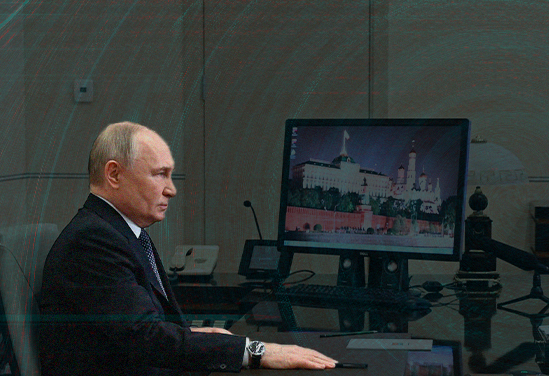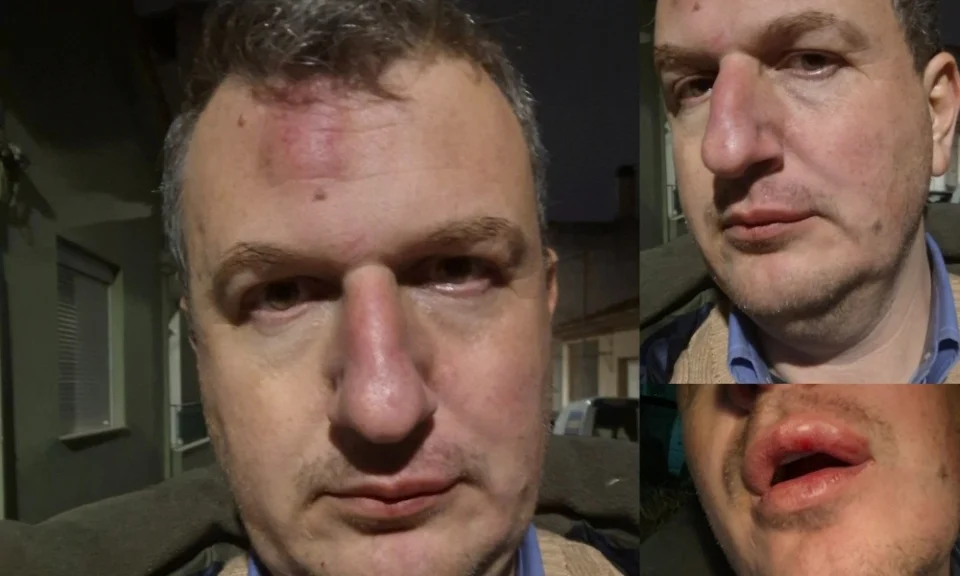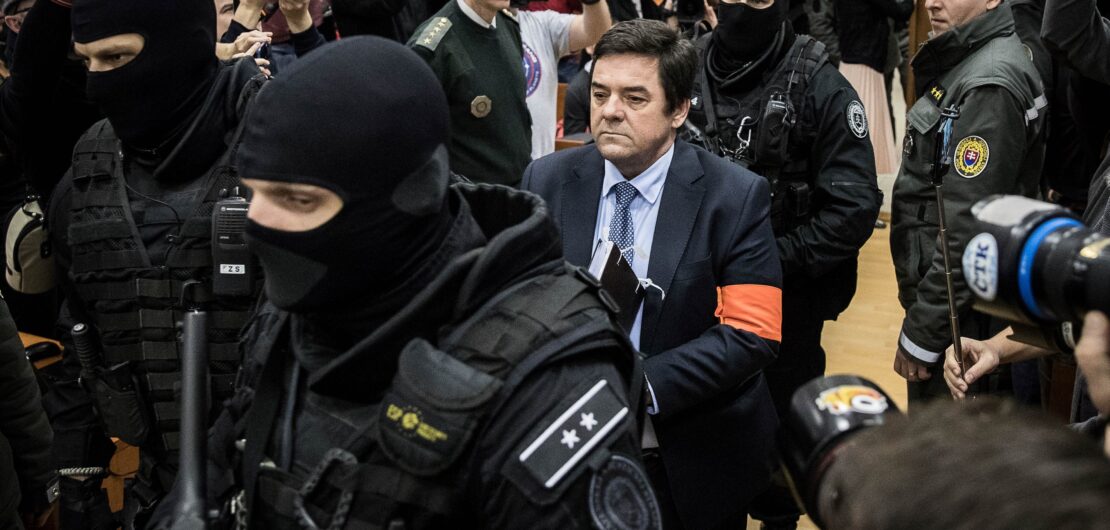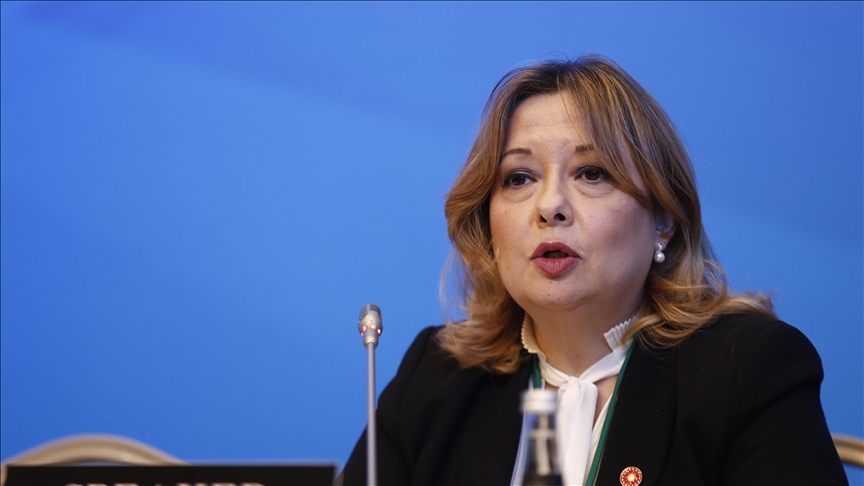
Turkish Envoy Presses UNESCO for Equal Condemnation of Journalist Killings in Gaza
October 15, 2025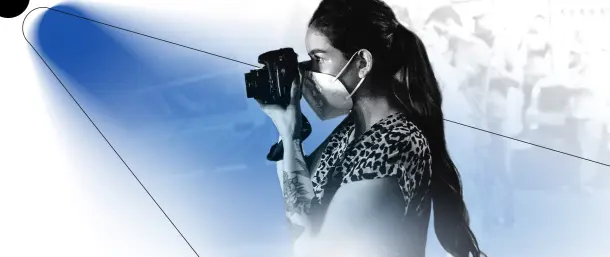
UNESCO Urges Global Coalitions to End Impunity for Crimes Against Journalists
October 15, 2025Since Russia’s full-scale invasion of Ukraine in 2022, the Kremlin has increasingly made use of in absentia convictions against exiled journalists and foreign media figures as a tool of transnational repression. Over 44 months, nearly 70 journalists have been targeted via arrest warrants or court sentences issued without their presence.
These judicial maneuvers carry multiple functions: they bar the convicted journalists from returning to Russia (where immediate detention is certain), they signal intimidation, and they enable pressure against relatives who remain inside Russia. Because the procedures are opaque, many targets are neither informed nor allowed to mount a defense.
In October 2025 alone, Russia held in absentia trials for four prominent independent journalists living abroad: Ekaterina Kotrikadze and Valeria Ratnikova (TV Rain, Netherlands), Anna Mongayt (Netherlands), and Ilya Azar (Latvia). Charges typically cite the “dissemination of false information,” violation of the “foreign agent” law, or involvement with “undesirable organizations.”
On average, Russia has targeted about two journalists per month since early 2022, with a spike in late 2024 (reaching four per month) and continued intensification into 2025. The new in absentia rulings frequently trigger associated consequences: property searches in Russia, harassment of family members, revocation or blockage of passports at embassies, and partnerships by states cooperating with Moscow to expel or extradite the targets.
Legally, Article 207.3 of the Russian Criminal Code criminalizes “false” information about the military. and Article 322 (illegal border crossing) have become key instruments in prosecuting journalists, Russian, Ukrainian, and foreign alike. The “foreign agent” label further intensifies risk: over 1,000 individuals and organizations are designated, a majority of them journalists or outlets.
Some convictions carry long sentences: on average, eight years in absentia. Notably, Ukrainian journalist Dmytro Gordon received a 14-year sentence and has since survived assassination attempts in exile; others, such as Christo Grozev and Roman Dobrokhotov (working from abroad) have also faced serious threats.
The RSF analysis paints a deliberate state strategy by Russia to criminalize independent journalism well beyond its borders—leveraging courts, legal framings, and international reach to silence dissent, curtail return, and intimidate both exiled journalists and those left behind.
Reference –

